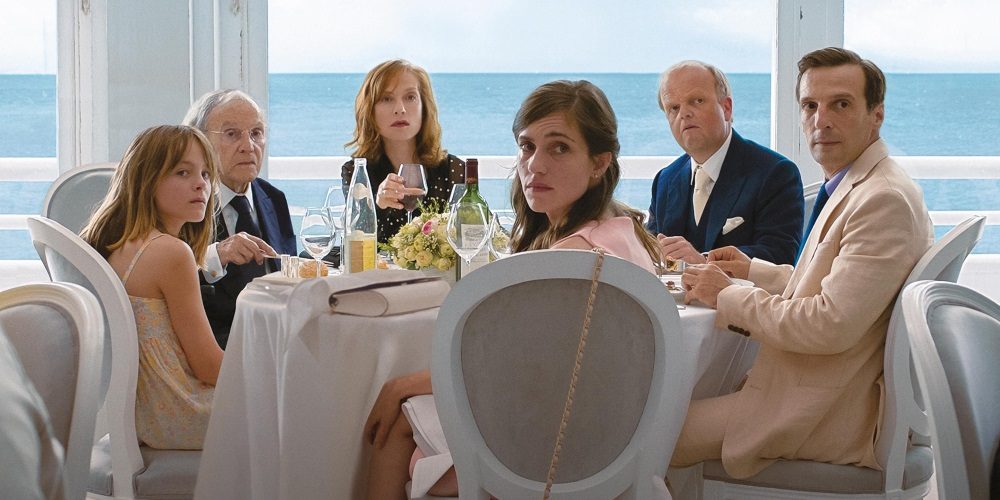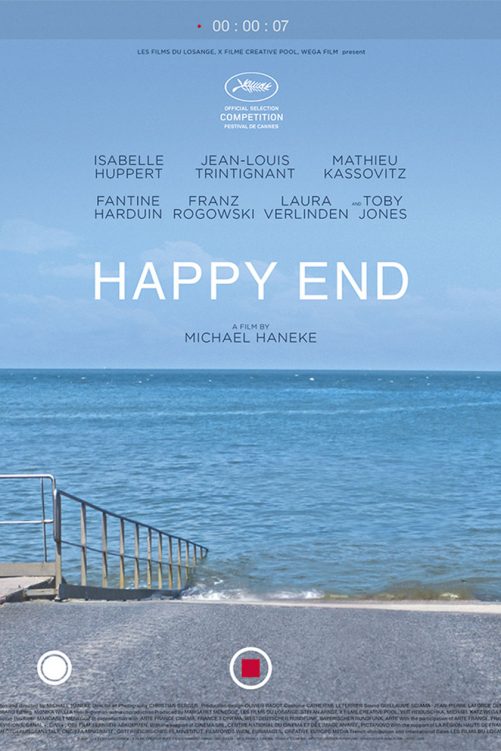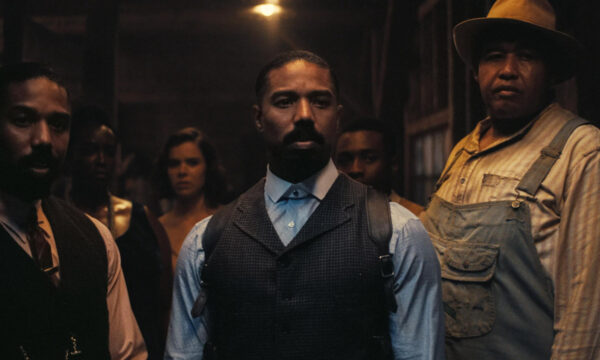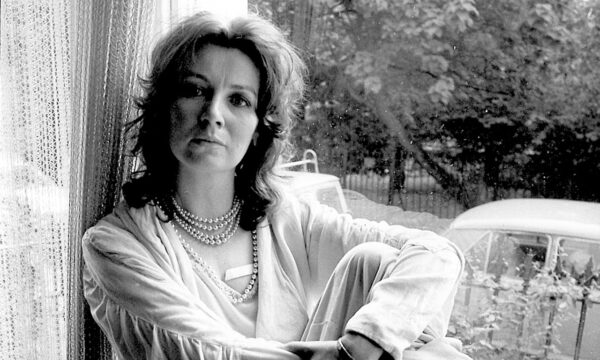Happy End

Director Michael Haneke’s newest film, Happy End, has received some faintly sneering comments about leaning on very familiar tropes of his work, but, on the other hand, there is something to be said for not fixing something that isn’t broken. Certainly, his microscopic look into a loveless, wealthy European family could not be accused of laziness, even if it is content to tread well-known thematic paths. Rather, Haneke’s latest offering is a movie that both demands and rewards an eagle-like attention to minutia, presenting the viewer not only with a thicket of overlapping plotlines to untangle but also a wealth of visual clues in the backgrounds of various shots.
Much credit is owed to the cinematographer, Christian Berger, who has worked with Haneke before and lends the picture an important sense of deathly stillness and stagnation. Slow panning or static shots in which nothing much seems, at first, to be happening create an understated sense of eeriness without ever surrendering the feature’s dispassionate perspective. For a film about a group of apparent sociopaths, Happy End manages to be, if not at all sympathetic, at least committed to examining its characters’ disturbed psyches without falling back on moral outrage.
Every member of the movie’s cast does excellent work with challenging material, with some actors even feeling underused, since the complexity of the film means that not all storylines receive the resolution they perhaps deserve. In particular, the Laurent family’s ostensible matriarch, Anne, played by Isabelle Huppert, and her relationship with her bizarre and clearly floundering son, Pierre (Franz Rogowski), could have done wonders with even a small amount of extra screen-time.
That said, it is understandable that the majority of Happy End’s attention is given to its arguable nucleus, the relationship between the preteen Eve (Fantine Haudin) and the Laurents’ withered patriarch Georges (Jean-Louis Trintignant), a duo each obsessed in their own way with death and capable of some truly dark acts. While at times the main entertainment value comes from slowly uncovering the rotten core of each family member, it is the culmination of Eve and Georges’s shared understanding that closes the circle of the feature’s narrative action and allows Haneke to make his, maybe too easily overlooked, point. For, in addition to being a picture about a disturbed, bourgeois family, Happy End – which opens and closes with scenes recorded on a mobile phone and features a multitude of shots of social media – is a movie about technology, digital forms of connection and the distance inherent in them. This isn’t exactly a ground-breaking theme in modern media but what makes this work unique among films on the topic is its refusal to lapse into overblown hand-wringing, presenting a refreshingly level-headed take on the subject.
Vicky Munro
Happy End is released nationwide on 1st December 2017.
Watch the trailer for Happy End here:























Facebook
Twitter
Instagram
YouTube
RSS